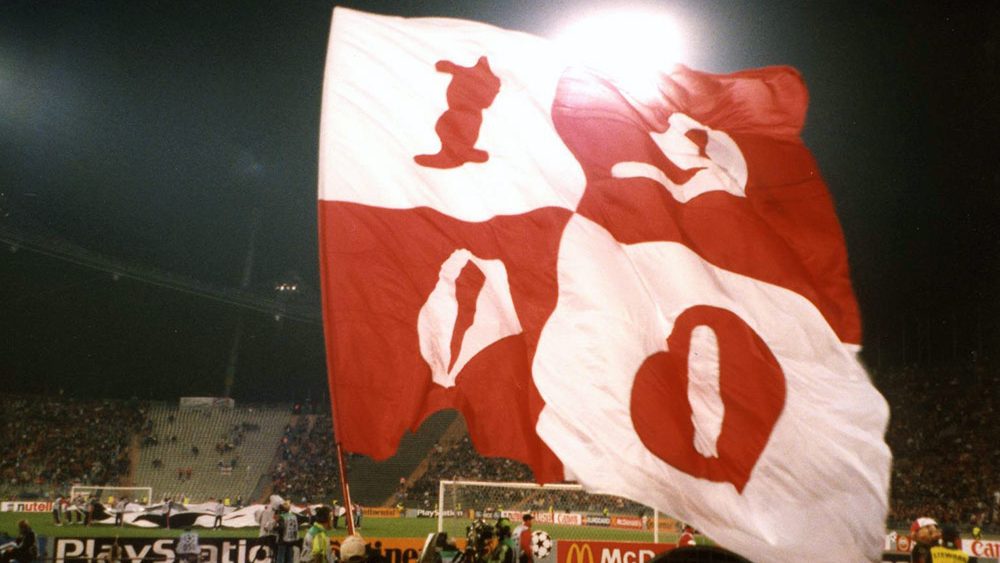Round-Up: Christoph Knasmüllner
Born in Vienna in 1992, raised in Austria, moved to Bayern in 2008 – no, we are not talking about David Alaba. Christoph Knasmüllner went the same way as his young colleague, but he did not end up playing a Champions League semi-final, but in the Austrian Bundesliga. How did that happen?
After playing in the FC Bayern youth team in his first year, he gradually moved into the amateur team in 2009. Until the 2010/11 season he was part of the squad and even a regular starter, but realized that he would not make it into the first team at Bayern. He went to Inter Milan in the winter break, where he, however, also only played in the second team and therefore he returned to Germany in the summer.
At FC Ingolstadt it started well, the attacking midfielder collected minutes and scored his first goals in the second division, but then again followed the set-back. Since 2012 he alternated between the second team and bench of the first team for two years. In 2014, therefore, he moved to Austria to Admira Wacker Mödling. After initial difficulties Knasmüllner found his rhythm there, especially in this season. He has become a regular starter and with him Admira is currently in mid-table.
We congratulate Christoph Knasmüllner to his 24th birthday!
On a weekly schedule, miasanrot.com provides a 2-for-1 information combo meal. It contains a link list to (hopefully) worthwhile texts about the red giant. Each round-up is dedicated to a former Bayern player who is celebrating his birthday in that week.
ICYMI
Analysis: Atlético Madrid – FC Bayern 1:0 (1:0)
Preview: Atlético Madrid in the semi-finals
Analysis: Hertha BSC – FC Bayern 0:2 (0:0)
Press review
Champions League recaps aka a coaches game
The game against Atletico produced a myriad of analytical articles. Tom Payne highlights Bayern’s approach in possession and (of course) Atletico’s defence.
Raphael Honigstein explains how the perception has shifted from blaming the players for bad results to blaming the coaches, in this case Guardiola for not starting Thomas Müller.
Before kick-off Ross Dunbar raised the recurring question whether Guardiola’s tenure will be decided upon winning the Champions League this year. He makes a comparison to van Gaal in the sense that maybe “when the dust settles, it will be the successes of Carlo Ancelotti in German football which will highlight Pep’s influence.”
Simon Kuper postulates that the careers of top football managers can be separated into two halves. He furthermore separates coaches into innovators, which age faster, and less tactically innovative coaches, which tend to be successful for longer.
Preview for the second leg
Dustin Ward provides a detailled statistical analysis about Atletico Madrid without the ball. In short, scoring two (or even more goals) against Atletico has been a very rare outcome.
Sean Ingle marvels at Atletico’s current stretch of success and their evolution into a Champions League contender under Diego Simeone.
Uli Hesse again looks into the past to put the current matchup into historical context (yes, Katsche Schwarzenberg plays a central part, but also a 16 year old Augenthaler).




 April 29, 2016
April 29, 2016 



